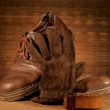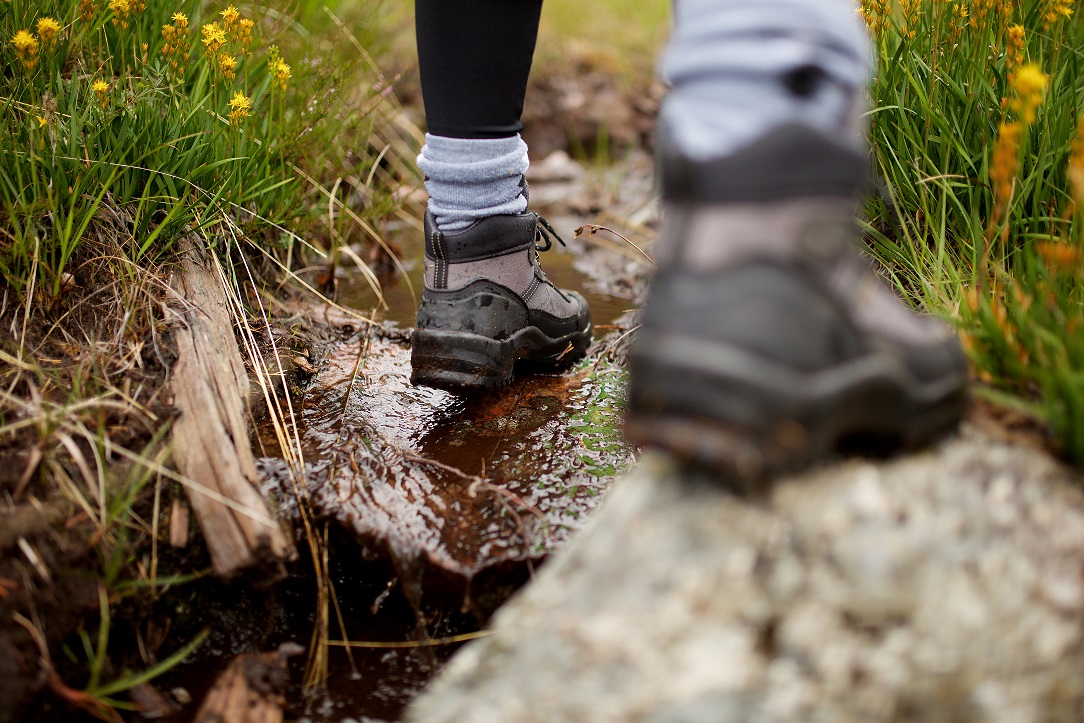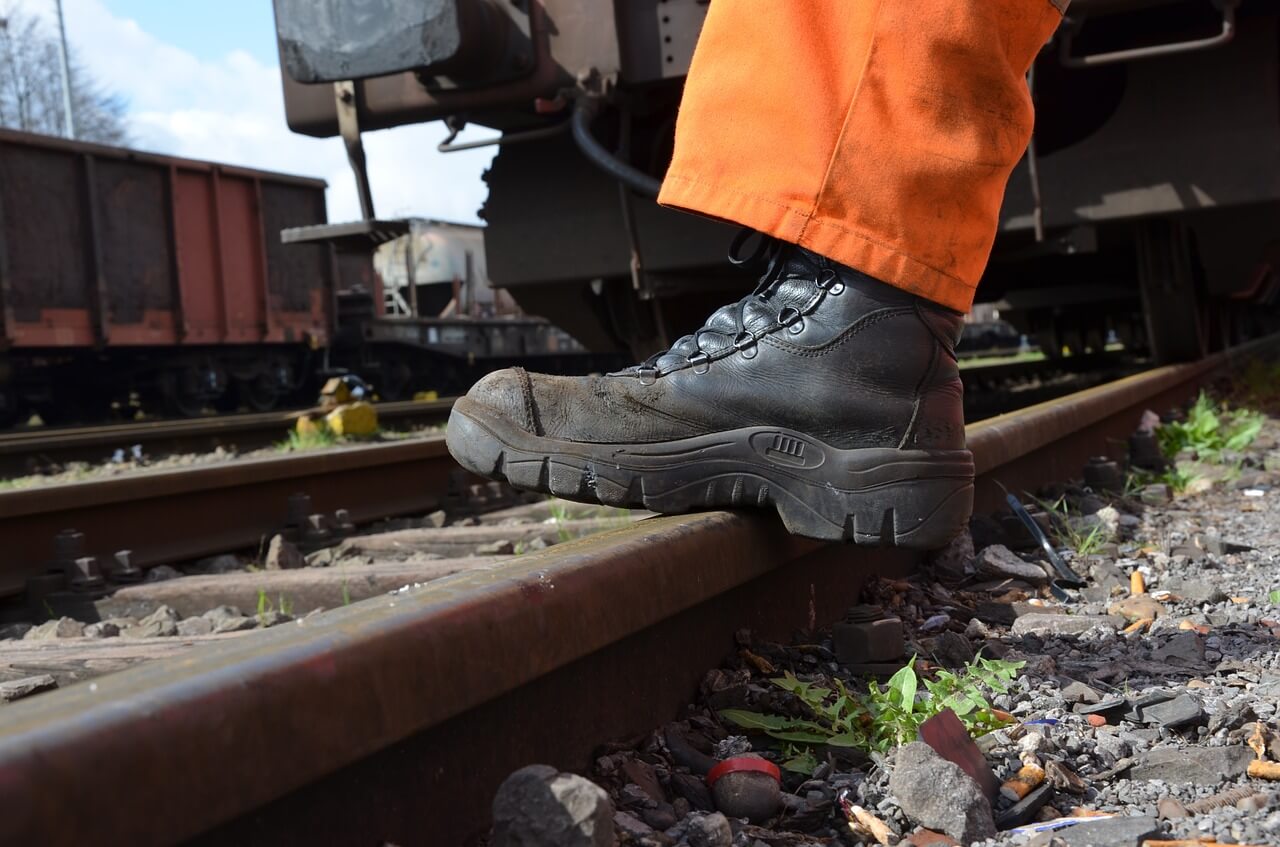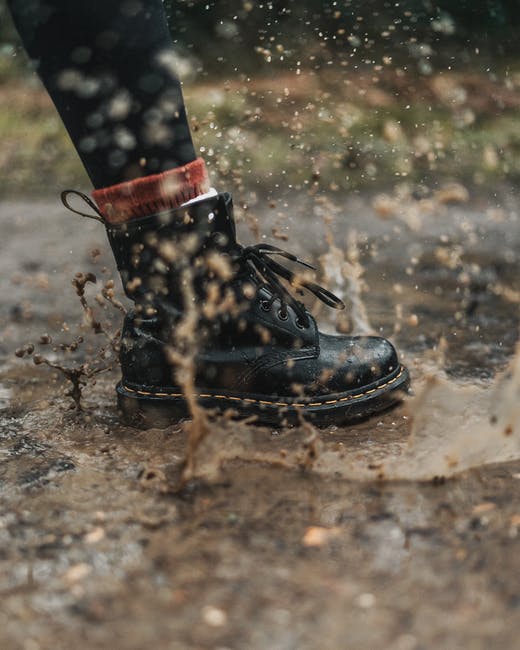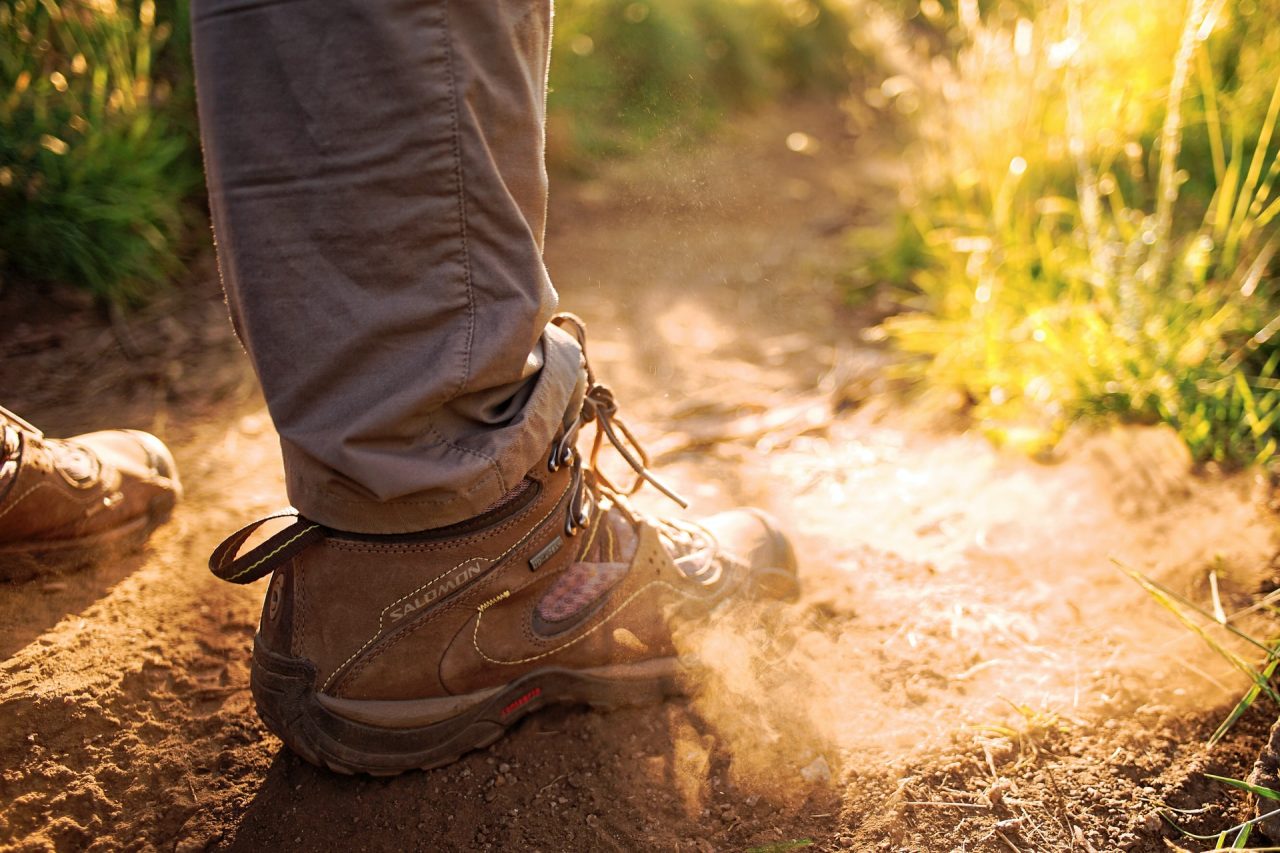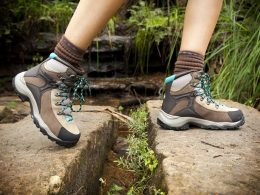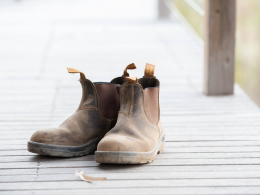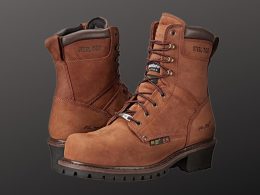Workwear Guru is reader-supported. When you buy through links on our site, we may earn an affiliate commission. Learn more
The boots’ squeaking sounds cause irritation, annoyance, and embarrassment when working, walking around, or other people. The squeaking noises come through the insoles or the boot’s outer part, thereby making us feel uncomfortable.
But, you can stop your boots from squeaking if you maintain them properly. If it’s ever concerned you how to stop boots from squeaking, keep reading through this article.
Why Do Boots Squeak?
In case you wonder why your boots squeak, here’s a narrowed list of some of the basic reasons that cause such a noise.
You have new boots
If your boots are brand new, there’s a chance they might squeak when you first put them on. But, this is only temporary because the sound goes away the more you walk around with them.
There are no tips out there showing how to recognize whether the boots will squeak after you buy them, because be it leather, rubber, or synthetic sole, they are likely to squeak when you wear them at the beginning.
Your boots are wet
The last time you wore your boots, it was raining? Or, for some reason, at work, they ended up soaking wet? Then, your boots will most probably squeak. This is because the material that the boots’ soles, insoles, and inner lining are constructed of is spongy—especially if your boots are made of leather. If you don’t dry your boots right away, when the material dries, it becomes stiff – which by means causes creaking sounds.
You are wearing old boots
Your old boots might make squeaking noises a lot. The older your boots are, the higher are the chances of them having cracks, getting stiffen, and having floppy soles. So, if your old boots are in such condition, they will make squeaking sounds when you wear them.
Manufacturing imperfections
There are times that even your new boots have flaws and make cracking sounds. At this point, we all blame manufacturing. In cases where the soles and the upper part of the boots are constructed one at a time and then get attached by using different techniques, we get to face ‘squeaking experiences.’ This is a result of air pockets created in the soles during the manufacturing process.
Improper outsoles
If your boots have tread patterns featuring tacky outsoles, stop wondering why they make squeaking noises. Although their role is to keep the balance, their drawback is the absorbent impact once you step on the ground. So, the suction effect creates squeaky sounds as soon as you take off the foot from the ground.
How To Stop Boots From Squeaking?
To put the kibosh on your boots’ squeaking noises, you should take care of them daily. Here’s a list of methods of how to stop boots from squeaking that you can put into use.
Break in your boots
Whenever you buy a new pair of boots, it is essential to break in before you actually wear them out. Not only do you save yourself from foot blisters and pain, but the chances of your boots squeaking are low. This is because the friction caused by your brand new boots’ inflexible soles or material turns into squeaky noises.
Use conditioning oil
Another way on how to stop boots from squeaking is to use conditioning oil. This is mainly used when you notice that the upper part of the boot causes such a sound. In addition, this method is reasonably practical: you need to use a fiber cloth to rub the conditioning oil on your boots. As a conditioner, you can use coconut oil, mink oil, or store-bought conditioner.
Make sure you cover each part of the boots for them to soften. You can apply this technique repeatedly if needed, just bear in mind to take off the laces once you start the conditioning process.
Rub dryer sheets or sandpaper
If you find your boots squeaking on flat surfaces, here’s an easy method of how to make boots stop squeaking.
Pick a dryer sheet and rub it up and down against the sole’s surface. The residue will spread out the entire surface and stick on the soles. In such a case, a light lubrication layer will be created, reducing the boots’ squeaking sound.
But, if your boots make squeaking noises when walking on concrete surfaces, then a rub dryer sheet won’t come to your help. Using sandpaper grit and rubbing against your soles will help you overcome this matter instead.
Use talcum powder
Friction is viewed as the leading cause of squeaking noises, and talcum powder, on the other hand, will come to your rescue.
Before you apply talcum powder to your boots, make sure to take off the insoles. Cover the entire heel with powder and let it sit in for 24 hours so that your boots will absorb the excessive moisture. Once you’ve followed the steps above, bring out the excess powder, and you’ll be ready to wear your boots in relief.
Fix the soles and seam the insoles
We happen to deal with boot faults from time to time, especially if they consist of tacky soles. Whenever the outsoles get detached from the boot, glue them in order to stop them from squeaking. It is an easy process to do at home; however, if you’re not a handy person or do not have the will to work with such things, take your boots to a cobbler.
However, these troubles can come into the scene by insoles as well. If your insoles seem to move when you put on or take off your boots, then the chances for your boots to make squeaking noises are high. What you need to do is stick them tightly to the boots or replace them with new ones.
Dry boots if they are wet
If your boots get wet, they will definitely squeak. This happens at times when you don’t dry your boots immediately after you take them off, but instead, you wear them the next time after they have dried on their own. The outsoles will absorb water and, as a result, cause squeaking noises. This is why you should always dry your boots.
However, make sure not to place them in a dryer or expose them to high heat as it can damage the soles of your boots.
Check if the squeak comes from the inside
If you cannot find where the squeaking sounds come from, make sure you’ve checked the boots’ insoles. Whenever the insoles are not stuck tightly against the soles, they make squeaking noises. Set the insoles tightly and steadily or replace them with new ones to stop this from happening.
Check if the squeak comes from the tongue of the boots
If you run out of ways on how to get boots to stop squeaking, here’s one more. The tongue of the boots could also be the reason for your boots’ squeaking. To prevent this from happening, lubricate the tongue with lubrication oil. Also, make sure you fix the tongue by tightening the laces close to it.
How to make leather boots stop squeaking?
Have you ever wondered about how to make leather boots stop squeaking or why they make squeaking sounds? Well, the reasons why your leather boots might squeak are because they can get stiff.
To put a stop to squeaking, you can use conditioning oil. You can apply the conditioning oil by using your fingers to rub it in a circular motion. Scrap the outsoles of your boots with sandpaper and set the insoles steadily and tightly against the soles.
Last but not least, remember always to dry them after they get wet.
Conclusion
Squeaking noises might cause irritation from time to time, even in cases when we have our favorite boots on. But, you can always choose to stop your boots from squeaking by taking care of them properly.
Whenever you buy new boots, make sure to break-in them first, use conditioning oil, rub dryer sheets or sandpaper, apply talcum powder, fix the soles, set the insoles tightly, and always dry them.



